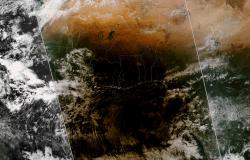
For many states in Sub‐Saharan Africa, the capacity to participate in the international food standard setting process continues to be a challenge. The scientific and technical capacity for many states in this region remains low. This has consequences for African states beyond international food standard setting but for trade and economic development as well. The present paper considers how science diplomacy is mobilised to improve African scientific capacity and participation in international standard setting and thus the multilateral trading system. Through the conceptual frame of epistemic communities, we argue that science diplomacy is exemplified through how scientific expertise embedded within a set of international institutions seeks to build capacity and participation of African states in this important, yet often little considered aspect of international governance.